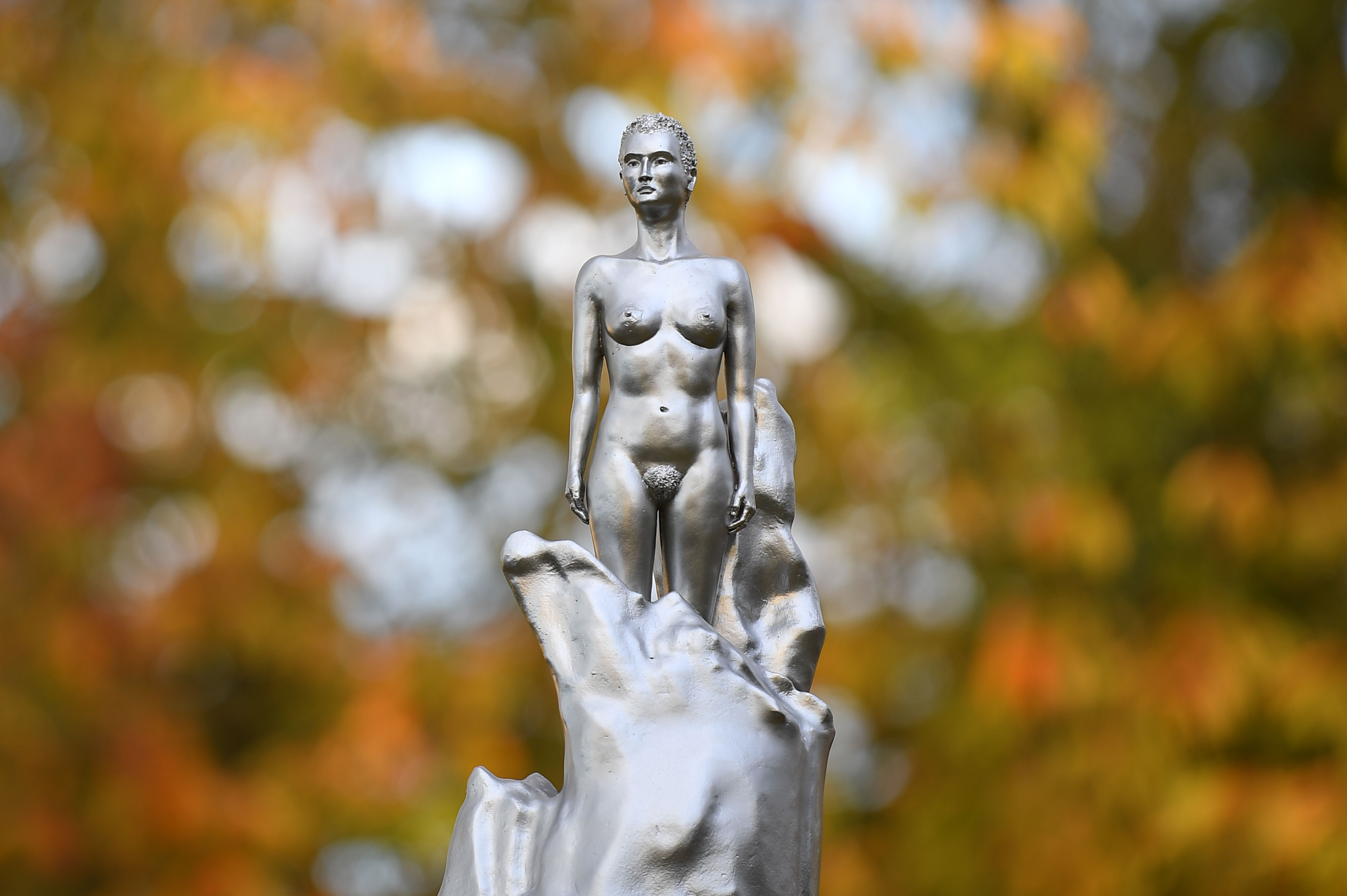Mary Wollstonecraft: Was she the first feminist?
The 18th-century radical championed republicanism and education for women

The philosophers of the Enlightenment, such as Voltaire and Thomas Paine, might not have been brilliant, original thinkers, but they made up for it by their political radicalism and intellectual daring. Mary Wollstonecraft (1759–1797) should properly be included amongst their number. Her radicalism led her to reject artificial distinctions of rank, which she believed hampered the potential for human flourishing, and also to favour republicanism over hereditary monarchy as the ideal form of government. However, where she differed from her contemporaries was in her passionate commitment to the rights of women.
Wollstonecraft thoroughly embraced the Enlightenment view that society should be ordered in such a way so as to enable people to fulfil their potential as rational, autonomous beings. However, in the late 18th century, things still fell a long way short of this ideal. Women, in particular, suffered from an inequality that was woven into the fabric of society: they were raised in a way that crushed their intellectual and rational capabilities; they learned to give way to men, and to develop a docile and flattering sexuality designed solely to be attractive to men. Wollstonecraft insisted that it wasn't only women who suffered as a result of all this, but also men. Women would be better able to cultivate desirable virtues if they were able to enjoy the same rights as men.

In Wollstonecraft's view, the major factor responsible for this system of sexual inequality was women's education. In the introduction to A Vindication of the Rights of Women, she writes that she had looked at the “various books written on the subject of education, and patiently observed the conduct of parents and the management of schools... what has been the result? A profound conviction that the neglected education of my fellow creatures is the grand source of the misery I deplore”. The only possible solution then was a change in women's education. In particular, Wollstonecraft thought that women should be encouraged to develop their rational capacities in broadly the same way as men. The best education, she claimed, “is such an exercise of the understanding as is best calculated to strengthen the body and form the heart. Or, in other words, to enable the individual to attain such habits of virtue as will render it independent”.
Although Wollstonecraft's views about sexual inequality were radical in the 18th century, she was not espousing a recognisably modern form of feminism. For example, it was her belief that a woman still had a duty to become a mother, even if this should not involve her subjugation to a man. Nevertheless, she remains an inspiration to 21st-century feminists; and although she was not the first person to take up the cudgels on behalf of women, her importance is such that it is right to consider her the first feminist.
Join our commenting forum
Join thought-provoking conversations, follow other Independent readers and see their replies
Comments